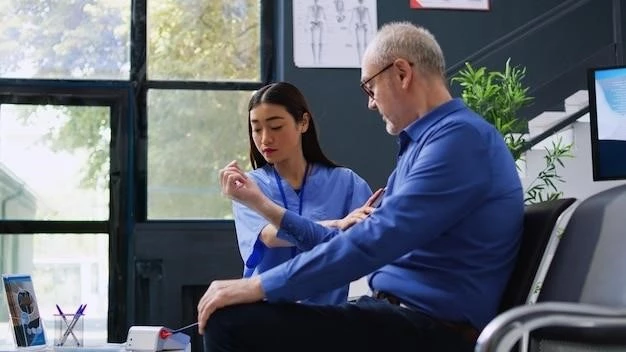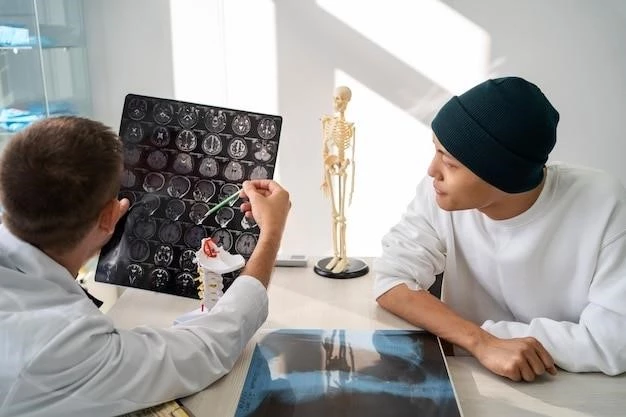Understanding Balos Concentric Sclerosis involves exploring the causes, symptoms, and diagnosis of the condition. It also encompasses treatment options, prognosis, research advancements, lifestyle management, and support resources.
Causes of Balos Concentric Sclerosis
Research suggests that the exact causes of Balos concentric sclerosis remain unclear. Some studies propose that it could be linked to genetic predisposition, viral infections, or autoimmune reactions targeting the central nervous system. However, further research is needed to fully understand the underlying factors contributing to the development of this rare neurological condition.
Symptoms of Balos Concentric Sclerosis
The symptoms of Balos concentric sclerosis can vary depending on the individual and the specific areas of the brain affected. Common symptoms may include cognitive impairment, motor dysfunction, sensory disturbances, vision problems, and difficulties with coordination. Patients may also experience fatigue, mood changes, and in severe cases, loss of independence in daily activities. Early detection and management of symptoms are crucial for improving the quality of life for individuals with Balos concentric sclerosis.
Diagnosis of Balos Concentric Sclerosis
Diagnosing Balos concentric sclerosis often involves a combination of clinical evaluation, neurological exams, imaging tests such as MRI scans, and in some cases, cerebrospinal fluid analysis. The presence of characteristic concentric rings on imaging studies may help confirm the diagnosis. Due to the rarity of this condition, consulting with a neurologist or a specialist in demyelinating disorders is recommended for an accurate diagnosis and appropriate management plan.

Managing Balos Concentric Sclerosis
Effective management of Balos concentric sclerosis involves a comprehensive approach that includes treatment, lifestyle adjustments, monitoring of symptoms, and accessing support resources for individuals with this condition.
Treatment Options for Balos Concentric Sclerosis
Treatment for Balos concentric sclerosis aims to manage symptoms, slow disease progression, and improve quality of life. Therapeutic interventions may include medications to reduce inflammation, physical therapy to address motor issues, speech therapy for communication difficulties, and occupational therapy to enhance daily functioning. In some cases, disease-modifying drugs may be considered to stabilize the condition. It is essential for individuals with Balos concentric sclerosis to work closely with their healthcare team to tailor a treatment plan based on their specific needs.
Prognosis and Outcomes of Balos Concentric Sclerosis
The prognosis of Balos concentric sclerosis can vary significantly among individuals. While some may experience mild symptoms and lead relatively normal lives with appropriate management, others may face progressive disability and cognitive decline. Early diagnosis, adherence to treatment plans, and regular monitoring can positively influence outcomes. It is important for patients and their families to maintain open communication with healthcare providers to address any changes in symptoms and to adjust the treatment approach accordingly.
Research Advancements in Balos Concentric Sclerosis
Ongoing research in Balos concentric sclerosis focuses on understanding the underlying mechanisms of the disease, exploring new treatment options, and identifying potential biomarkers for early diagnosis. Advances in imaging technology, genetic studies, and immunological research are contributing to a deeper comprehension of this rare neurological condition. Collaborative efforts among researchers worldwide aim to enhance the scientific knowledge surrounding Balos concentric sclerosis and ultimately improve patient outcomes through innovative therapies and interventions.
Lifestyle Management for Balos Concentric Sclerosis
Individuals with Balos concentric sclerosis can benefit from adopting a healthy lifestyle to support their overall well-being. This may include maintaining a balanced diet rich in nutrients, engaging in regular physical activity tailored to their abilities, getting an adequate amount of rest, and managing stress through relaxation techniques or mindfulness practices. Social support, maintaining a positive mindset, and adhering to prescribed medical treatments are also essential components of effective lifestyle management for individuals living with Balos concentric sclerosis.
Support Resources for Individuals with Balos Concentric Sclerosis
Individuals diagnosed with Balos concentric sclerosis may benefit from various support resources to enhance their quality of life. These resources can include support groups, online forums, and counseling services to connect with others facing similar challenges, share experiences, and receive emotional support. Additionally, organizations specializing in neurological disorders may offer educational materials, advocacy assistance, and access to healthcare professionals with expertise in Balos concentric sclerosis. Utilizing these support resources can empower individuals to navigate their condition with resilience and a sense of community.
